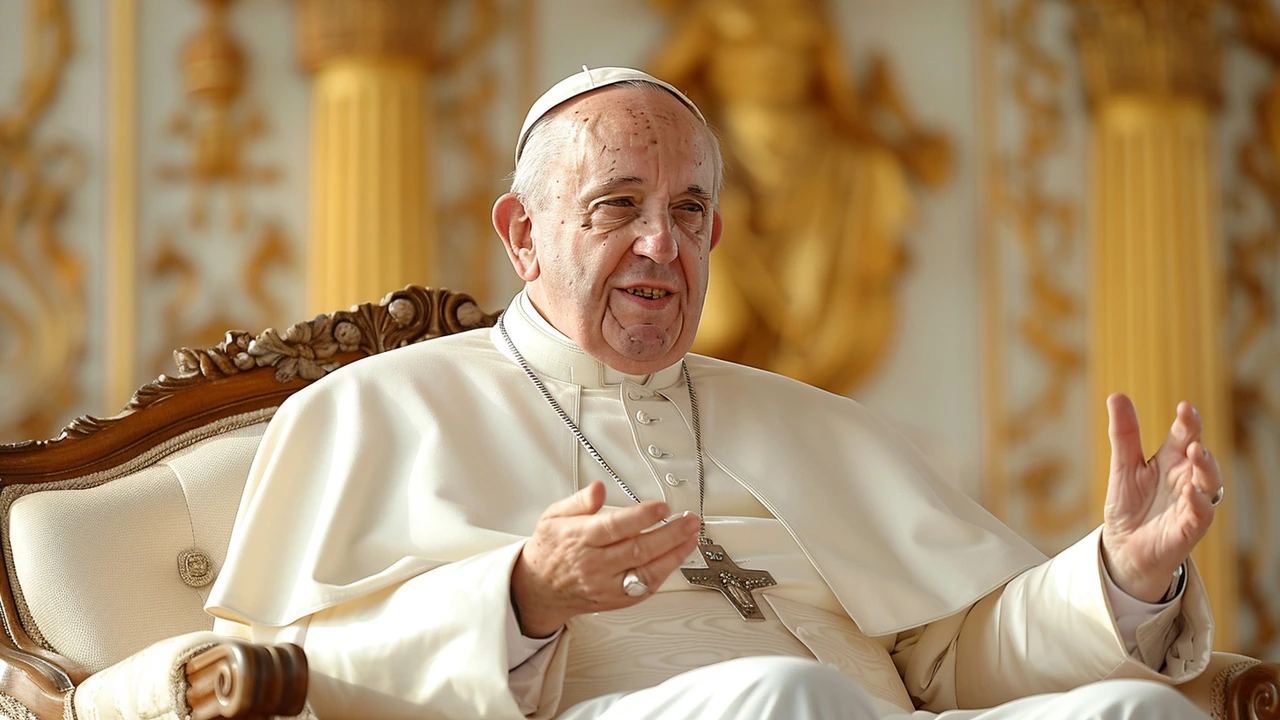Why Apologies Are More Than Just Words
Everyone messes up sometimes—it's part of being human. What really counts is how you handle it afterward, and that often means giving a genuine apology. Saying sorry isn't just about admitting you were wrong; it’s a way to show you respect the other person’s feelings and want to make things right.
But a real apology isn’t just "I'm sorry." It’s a thoughtful step that can actually mend broken trust and repair relationships that are important to you. If you’ve ever hesitated to apologize because you didn’t know how, you’re not alone. Many people struggle to find the right words or worry their apology might be rejected.
How to Make Your Apology Count
Here’s the deal: a good apology is clear and sincere. First, admit what you did wrong without making excuses — owning up to your mistake shows humility. Next, express genuine regret for the hurt caused. Then, explain how you plan to avoid making the same error again. Finally, give the person space to share their feelings and don’t rush forgiveness.
For example, if you accidentally hurt a friend’s feelings, instead of saying, "Sorry if you were offended," try "I'm sorry I said that; it was thoughtless and I can see it hurt you. I’ll be more mindful of my words." That shows you’re taking responsibility and care about their experience.
Why Apologies Heal and Build Trust
Think of apologies as emotional glue—they help fix the cracks in relationships caused by disagreements or mistakes. When people feel heard and understood through a sincere apology, it creates a safe space where problems can be solved together. Without apology, resentment can quietly build up and turn small issues into big problems.
Remember, apologizing isn’t a sign of weakness or losing an argument; it’s a sign of strength and maturity. It takes courage to admit a mistake and face the consequences, but doing so opens the door to real healing and deeper connections.
So next time you mess up, don’t avoid the tough conversation. Own up, be honest, and watch how an authentic apology can turn things around faster than you might expect.

Pope Francis Apologizes After Using Offensive Term for Homosexuals
Pope Francis has issued an apology for using a derogatory term for homosexuals during a conversation about the role of women in the Catholic Church. The remarks sparked outrage from the LGBTQ+ community and prompted a statement of regret from the Vatican. The incident highlights ongoing criticism of the Church's stance on LGBTQ+ issues and calls for reform.
Categories
- Sports (146)
- Politics (22)
- Entertainment (20)
- World (15)
- News (10)
- Lifestyle (8)
- Business (6)
- Technology (3)
- Health (3)
- Environment (2)
Popular Articles



